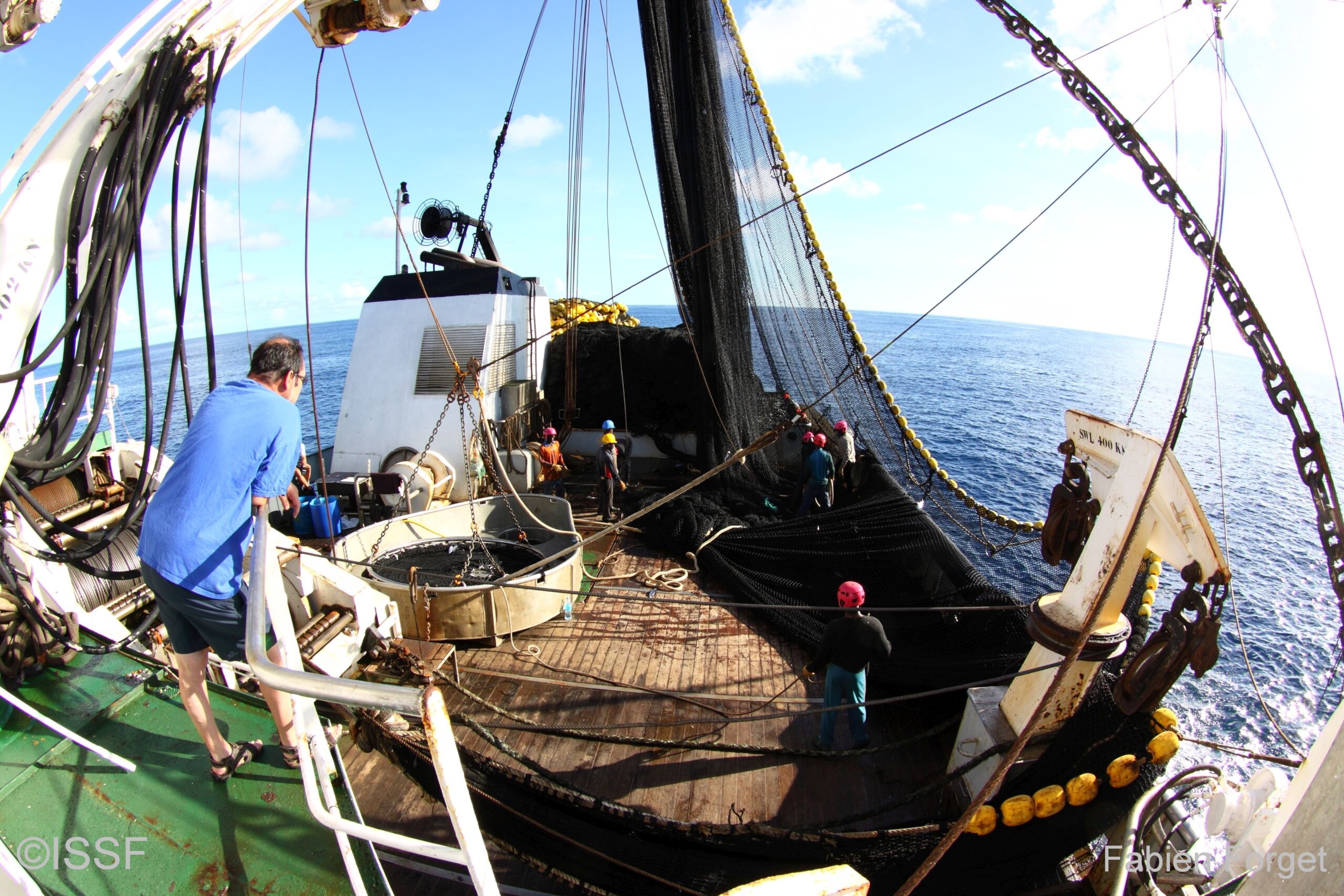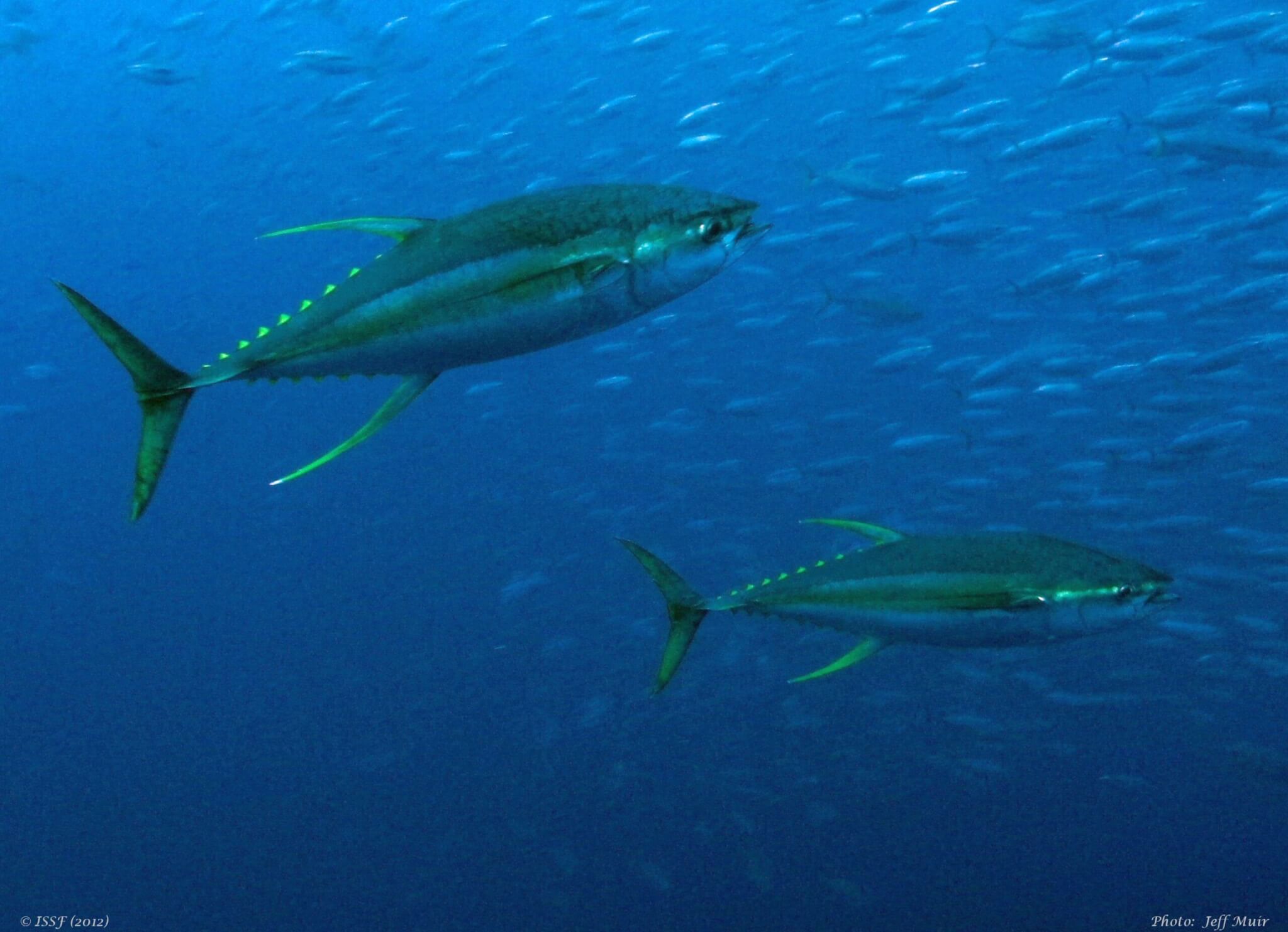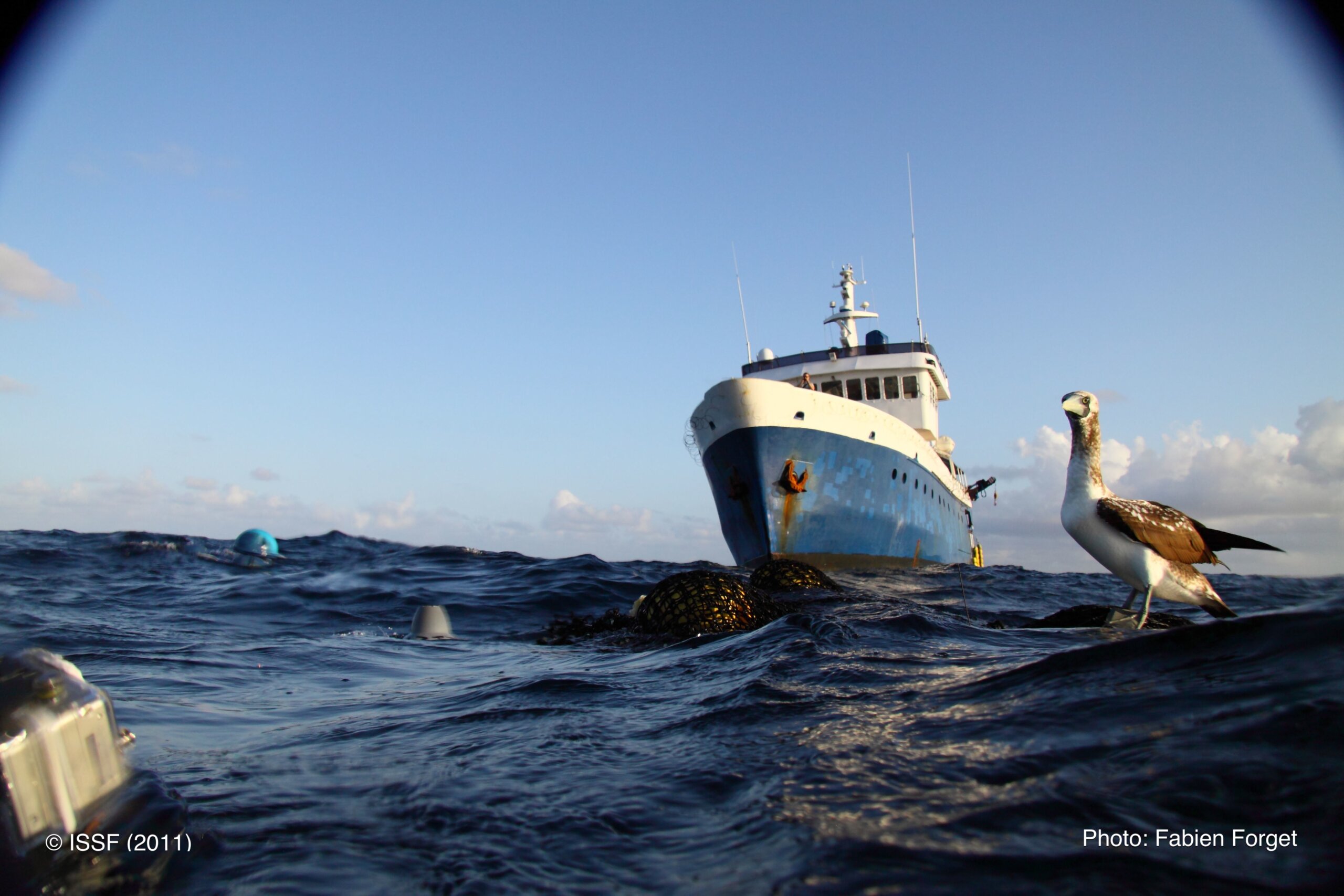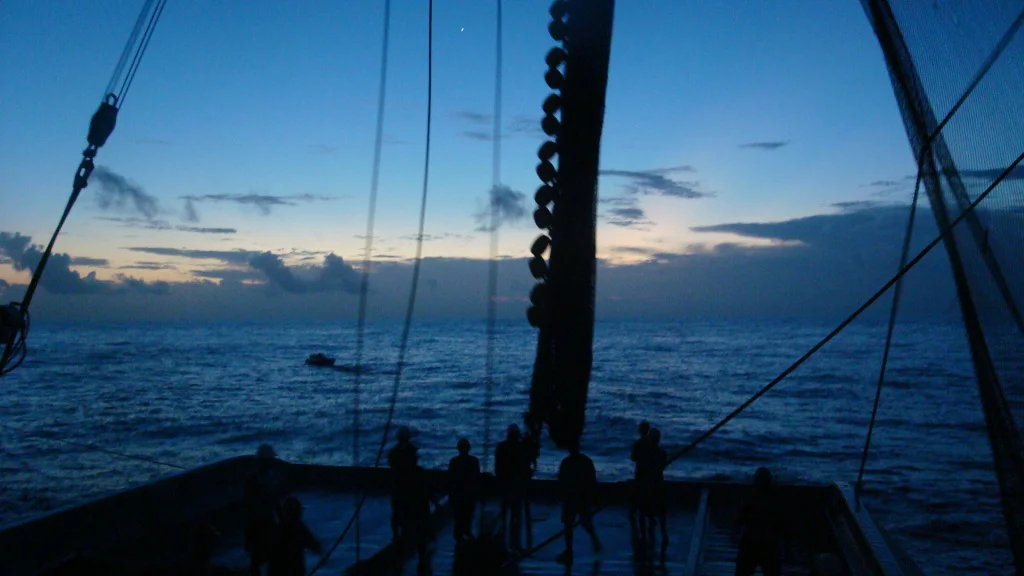2025 Tuna Fleet Snapshot: Growth with Stable Capacity | ISSF report tracks global purse-seine trends & sustainability progress
Featured News
ISSF Releases 2025 Snapshot of Large-Scale Tropical Tuna Purse Seine Fishing Fleets
Report Shows 3.8% Growth in Vessel Numbers with Minimal Capacity Increase; 74% of Vessels Listed on ISSF ProActive Vessel Register
ISSF has released its updated Snapshot of the Large-Scale Tropical Tuna Purse Seine Fishing Fleets report, a unique global assessment of vessel capacity trends in tropical tuna fisheries. The authors estimate that, as of June 2025, 675 large-scale purse-seine (LSPS) vessels are fishing for tropical tuna species — an increase of 3.8% compared to last year — with a combined fish hold volume (FHV) of over 864,000 m3 (cubic meters), representing a less than 0.2% increase from last year in overall fishing capacity.
“ISSF is the only organization that aggregates and analyzes global capacity data for these fleets year over year,” said Dr. Victor Restrepo, ISSF Vice President of Science. “Our snapshot series provides science-based insights to support RFMO and industry decision-making on sustainable tuna fishing capacity management — an issue central to long-term ocean health.”
LSPS vessels, defined as those with at least 335 m³ in FHV, account for the majority of the world’s tropical tuna catch. To update the report, ISSF compiles data from RFMO vessel registries and other sources, focusing on vessels targeting skipjack, yellowfin, and bigeye tuna.
Continue reading
ISSF in the News
Reeling in Responsibility: The Path to Sustainable Tuna Fisheries
Like many fish populations, several species of tuna faced steep declines over the past few decades. Thanks to regional management and other efforts to promote sustainable tuna fisheries, some are bouncing back.
Featured Video
Science First
In this brief video, ISSF President Susan Jackson shares how science drives our mission — ensuring healthy tuna stocks, reducing bycatch, and supporting continuous improvement in fisheries management. By uniting scientists, managers, and fishers around the best available data, we can achieve lasting sustainability for tuna and the oceans we all depend on.



